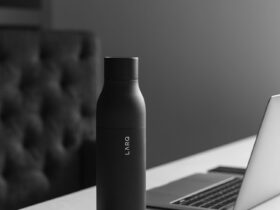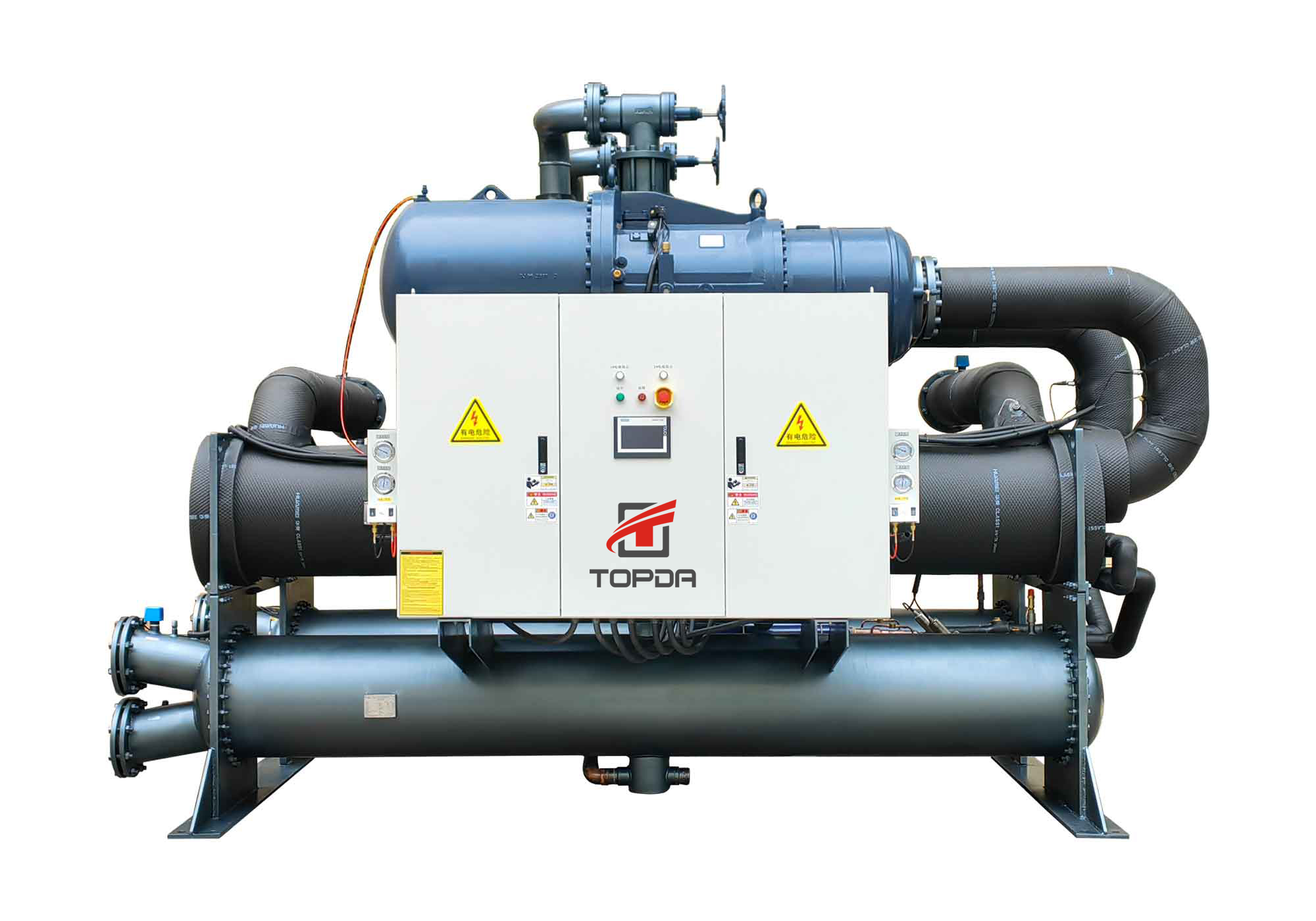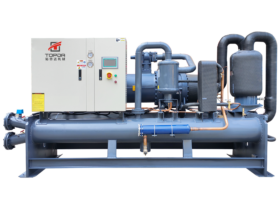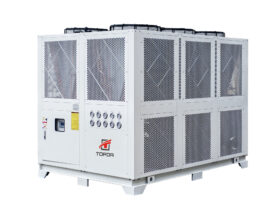
What is an Industrial Chiller?
What is an Industrial Chiller? – Definition and Overview
An industrial chiller is a type of HVAC (Heating, Ventilation, and Air Conditioning) equipment used to cool and regulate industrial processes in various industries, including manufacturing, data centers, and laboratories. These chillers are designed to provide a stable and consistent cooling system, ensuring optimal operating conditions for equipment and personnel.
How Industrial Chillers Work – Fundamentals and Principle
Industrial chillers are designed to provide a reliable and efficient way to cool and regulate temperature. The process involves the following steps:
- Coolant Flow: A coolant, usually a mixture of water and a refrigerant, is pumped through a network of pipes to the desired location.
- Heat Absorption: As the coolant flows through the pipes, it absorbs heat from the equipment and surrounding environment.
- Cooling Coil: The heated coolant then passes through a cooling coil, where the heat is dissipated through a process called convection.
- Condenser Coil: The cooled coolant then returns to the chiller, where the cycle repeats.
Types of Industrial Chillers – Classification and Application
There are several types of industrial chillers, each designed for specific applications:
- Water-Cooled Chillers: Ideal for large-scale industrial processes, these chillers use a water-cooled condenser and are often used in data centers and laboratories.
- Air-Cooled Chillers: Suitable for smaller applications, these chillers use an air-cooled condenser and are often used in smaller data centers and laboratories.
- Evaporative Coolers: Designed for extreme temperatures, these chillers use evaporation to cool the coolant and are often used in high-temperature applications.
- Dry Coolers: These chillers use a dry coil instead of a traditional condenser and are often used in applications where a smaller footprint is required.
Benefits of Industrial Chillers – Advantages and Disadvantages
Industrial chillers offer several benefits, including:
- Precise Temperature Control: Chillers provide precise temperature control, ensuring optimal operating conditions for equipment and personnel.
- Increased Efficiency: Industrial chillers can improve system efficiency by reducing the need for other cooling systems.
- Flexibility: Chillers are available in a range of sizes and types, making them suitable for a variety of applications.
- Reliability: Industrial chillers are designed for longevity and can last for many years with proper maintenance.
However, industrial chillers also have some disadvantages:
- High Upfront Costs: Industrial chillers can be expensive, requiring a significant upfront investment.
- Maintenance Requirements: Chillers require regular maintenance to ensure optimal performance and extend their lifespan.
- Noise and Vibration: Industrial chillers can generate noise and vibration, which may be a concern in certain applications.
Common Applications of Industrial Chillers – Industries and Sectors
Industrial chillers are used in a variety of industries and sectors, including:
- Manufacturing: Chillers are used to control temperature and humidity in manufacturing facilities, ensuring optimal production conditions.
- Data Centers: Chillers are used to cool data centers and ensure optimal operating conditions for servers and data storage equipment.
- Laboratories: Chillers are used to provide precise temperature control and humidity in laboratories, ensuring optimal working conditions for scientists and researchers.
- Healthcare: Chillers are used in healthcare facilities to maintain a clean and controlled environment, reducing the risk of infection and ensuring patient comfort.
FAQs – Frequently Asked Questions and Answers
- What is the ideal temperature range for industrial chillers?
Answer: The ideal temperature range for industrial chillers depends on the application, but it is typically between 15°C to 30°C (59°F to 86°F). - What is the most cost-effective industrial chiller?
Answer: The most cost-effective industrial chiller depends on the application, but air-cooled chillers are often more cost-effective for smaller applications. - Can industrial chillers be used in extreme temperatures?
Answer: Yes, industrial chillers can be designed for use in extreme temperatures, but they may require additional components and maintenance.
Conclusion – Summary and Recap
Industrial chillers play a critical role in maintaining optimal operating conditions in various industries and sectors. By understanding the fundamental principles and types of industrial chillers, as well as their advantages and disadvantages, businesses can make informed decisions about their cooling needs. Whether used in manufacturing, data centers, laboratories, or healthcare facilities, industrial chillers provide a reliable and efficient way to cool and regulate temperature, ensuring optimal performance and comfort for equipment and personnel.
References
- [1] "Industrial Chillers: A Guide to Selection and Installation" by ASME (American Society of Mechanical Engineers)
- [2] "Cooling Systems for Data Centers" by Data Center Knowledge
- [3] "Laboratory HVAC Systems" by ASHRAE (American Society of Heating, Refrigerating and Air-Conditioning Engineers)












Leave a Reply